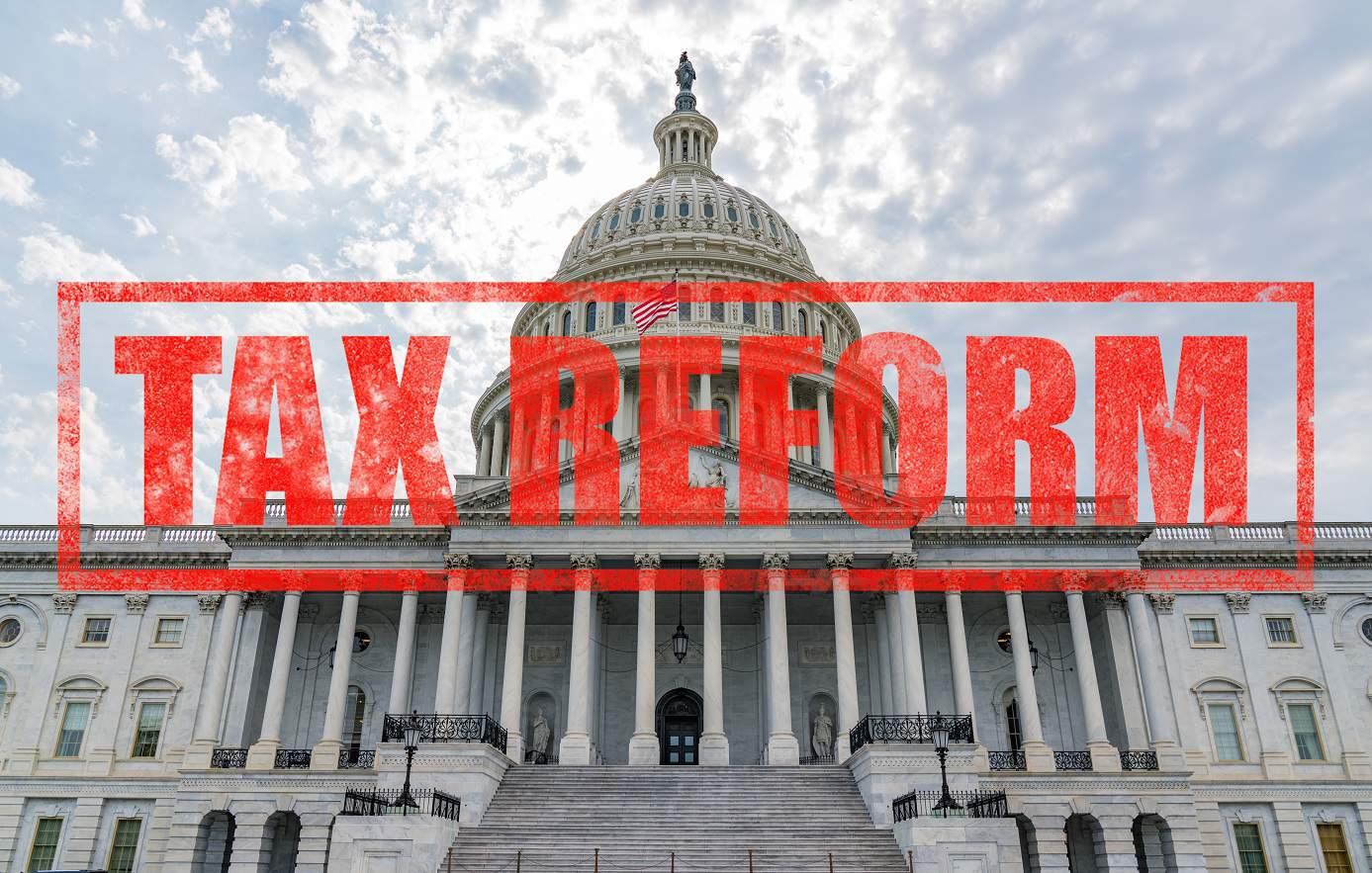Here a just a few of the common sense proposals included in the more than 1,000 pages of the report.
Strengthen Taxpayer Protections in the Filing of Federal Tax Liens
Authorize the IRS to Release Levies That Cause Economic Hardship for Business Taxpayers
Extend the Time Limit for Taxpayers to Sue for Damages for Improper Collection Actions
Protect Retirement Funds from IRS Levies in the Absence of “Flagrant Conduct” by a Taxpayer
Hold Taxpayers Harmless When the IRS Returns Funds Levied from a Retirement Plan or Account
Modify the Requirement That the Office of Chief Counsel Review Certain Offers-in-Compromise
Improve Offer in Compromise Program Accessibility by Repealing the Partial Payment Requirement
Convert the Estimated Tax Penalty into an Interest Provision for Individuals, Trusts, and Estates
Apply One Interest Rate Per Estimated Tax Underpayment Period for Individuals, Estates, and Trusts
Reduce the Federal Tax Deposit Penalty Imposed on Certain Taxpayers Who Make Timely Tax Deposits
Require Written Managerial Approval Before Assessing the Accuracy-Related Penalty for “Negligence”


Facebook Comments